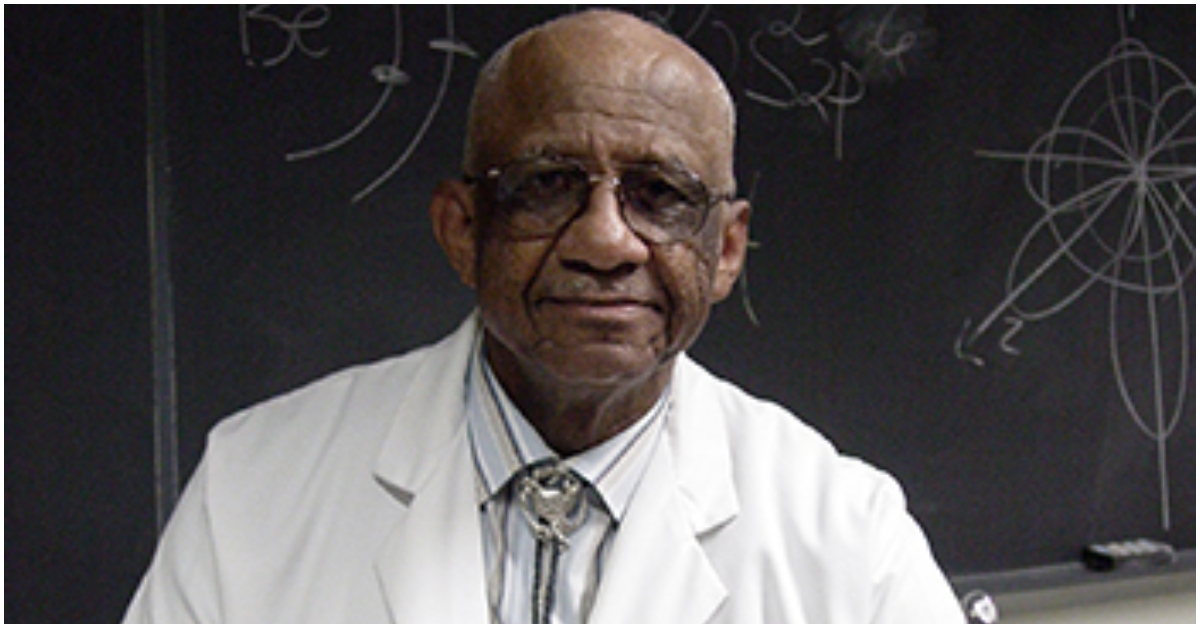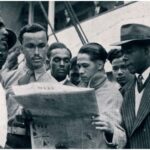In 1965, Dr. William Conan Davis broke racial barriers in academia by becoming the first Black man to earn a PhD from the University of Idaho.
Through extraordinary determination in the face of discrimination, he pioneered new possibilities for African American scholars.
Overcoming Segregation To Pursue Science
Born in 1926 in segregated Georgia, Davis attended substandard public schools that left him unprepared to pursue science at college level. Refusing to let racist policies limit his potential, he moved to New York City in 1944 to undertake further studies with support from his brother, renowned actor and activist Ossie Davis.
He served in Germany during the Korean War before returning to graduate college. Davis earned bachelor’s and master’s degrees in chemistry from Talladega College and Tuskegee Institute, becoming one of the few African Americans undertaking serious scientific research at the time.
Breaking Barriers As A Black PhD Student
Gaining acceptance as a Black PhD research student in 1958 proved enormously difficult, with the University of Idaho Davis’ only option. There he conducted pioneering work on potato chemistry, despite facing prejudice.
Before finishing his potato chemistry doctorate, Davis began working with Washington State scientists across forestry, clinical research, and more. He identified major innovations in wood chemistry and polysaccharides still used by industry today.
Taking Expertise Back To The Community
Upon earning his PhD in 1965, Davis became the first Black man credentialed at the doctoral level by Idaho’s university. He dedicated himself to sharing his expertise with vulnerable communities.
In Portland, he helped set up a free Black Panther medical clinic before spending nearly 15 years revolutionizing the accessibility, affordability, and efficiency of medical testing nationwide.
Lifelong Commitment To STEM Education
Later in life, Dr. Davis worked passionately to educate new generations of minority scientists. As a professor, he enhanced STEM facilities at Texas’ St Philip’s College, before having its science building named after him upon retirement in 2009.
Davis devoted over 60 years to breaking the barriers facing Black students and professionals in science. In doing so, he irreversibly opened the doors of academic achievement for marginalized groups far into the future.





